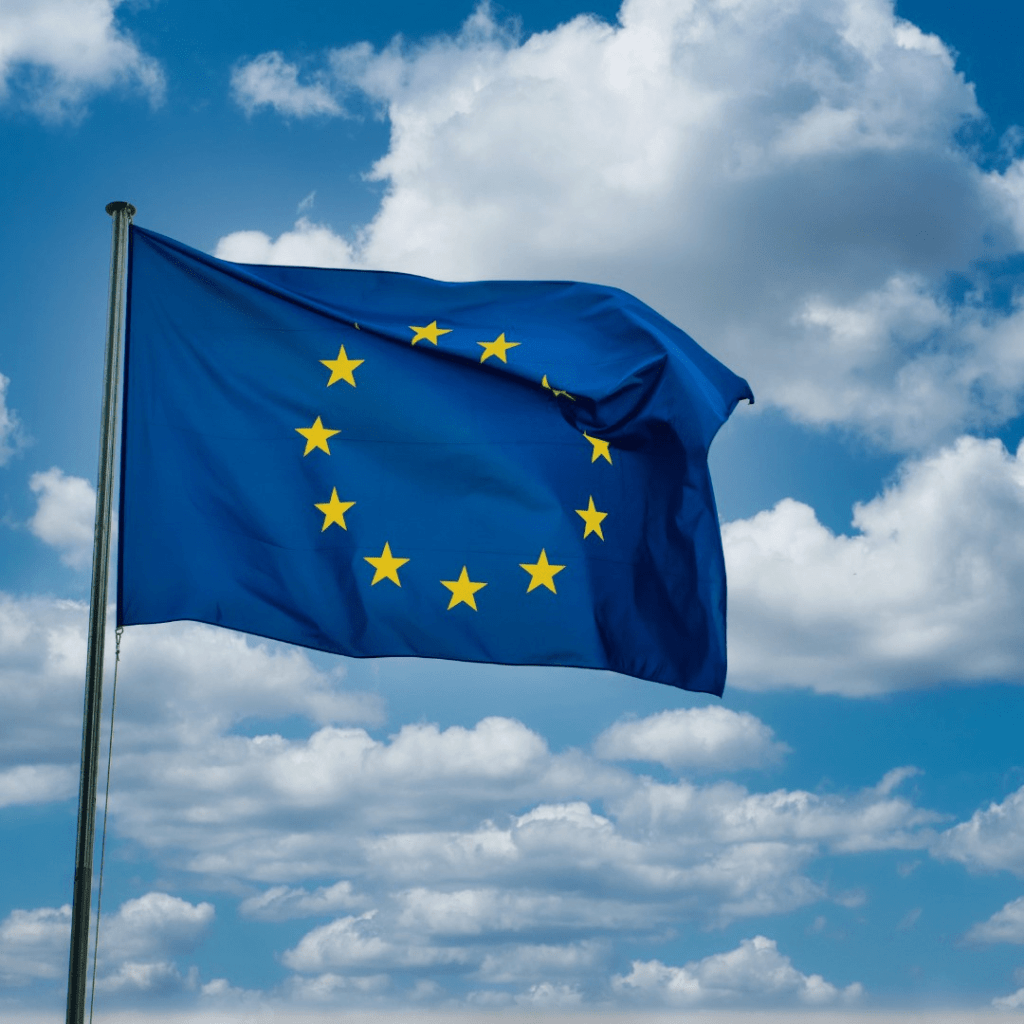On Tuesday, members of the European Parliament’s Environment Committee expressed their stance on a proposed regulation outlining requirements for the entire lifecycle of packaging, spanning from raw materials to its final disposal. This proposal was endorsed with 56 votes in favor, 23 against, and 5 abstentions. The Environment Committee embraced its suggestions to make packaging more accessible for reuse and recycling, minimize unnecessary packaging and waste, and encourage the incorporation of recycled materials.
In 2018, packaging generated a turnover of EUR 355 billion in the EU. However, it has become an increasingly significant source of waste, with the EU’s total packaging waste increasing from 66 million tonnes in 2009 to 84 million tonnes in 2021. In 2021, each European citizen generated 188.7 kg of packaging waste annually, a figure projected to rise to 209 kg in 2030 without additional measures.
MEPs intend to prohibit the sale of very lightweight plastic carrier bags (those below 15 microns), except when necessary for hygiene purposes or as primary packaging for loose food items to combat food waste.
In addition to the overarching packaging reduction objectives outlined in the regulation, MEPs wish to establish specific targets for reducing waste related to plastic packaging (10% by 2030, 15% by 2035, and 20% by 2040). Plastic components in packaging must incorporate minimum percentages of recycled content, depending on the packaging type, with specific targets established for 2030 and 2040.
By the conclusion of 2025, the Commission should evaluate the feasibility of proposing objectives and sustainability criteria for bio-based plastics, which are vital for transitioning away from fossil fuels in the plastics industry.
Promoting Reuse and Refill Options for Consumers
MEPs intend to differentiate between and clarify the requirements for packaging to be reused or refilled. Reusable packaging should meet specific criteria, including a minimum number of reuse cycles (to be defined later). Retailers in the beverage and takeaway food sectors should allow consumers to bring their own containers.
Banning “Forever Chemicals” in Food Packaging
MEPs propose banning the use of intentionally added “forever chemicals” such as per- and polyfluorinated alkyl substances (PFASs) and Bisphenol A in food contact packaging. These substances are commonly used to make packaging fireproof or waterproof, especially in paper and cardboard food packaging, and have been linked to various adverse health effects.
Other Proposed Measures:
Heightened requirements for all packaging in the EU to be considered recyclable, with the Commission assigned the task of establishing criteria for defining packaging as “designed for recycling” and “recyclable at scale.”
EU member states must ensure that 90% of materials found in the packaging (plastic, wood, ferrous metals, aluminium, glass, paper, and cardboard) are collected separately by 2029.
Online service providers would be subject to the same extended producer responsibility obligations as producers.
Upcoming Steps
The full European Parliament is set to vote on its negotiating mandate during the second plenary session of November 2023.
